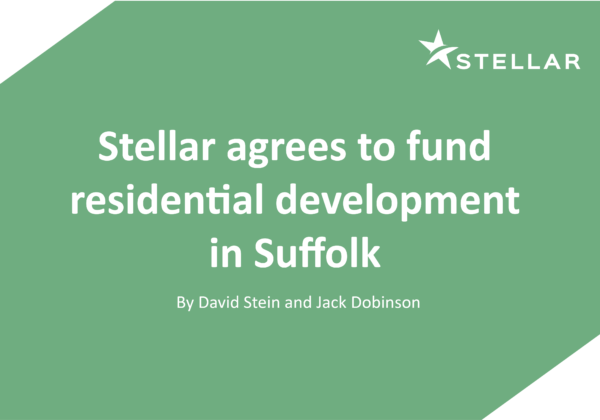Will UK Inheritance Tax increase because of COVID-19?

Coronavirus has impacted almost every facet of our lives. As the government continues to ease lockdown restrictions, many advisers and their clients are considering the longer-term implications that COVID-19 will have. One of these factors is likely to be whether Inheritance Tax will increase.
The standard Inheritance Tax rate currently stands at 40%. This is charged on the part of a person’s estate that is above £325,000. As the average value of inheritances continue to increase, more and more people are already impacted. Therefore, if the Inheritance Tax rate were to increase further it could have significant implications for people of all walks of life.
History suggests that Inheritance Tax could be increased following a major socio-economic event. In addition, despite a Conservative manifesto commitment not to raise a number of key taxes, the Treasury fears the fallout from the crisis could make this policy untenable.
This highlights that tax rises in the coming months and years appear to be inevitable. But will Inheritance Tax be one of the ones to spike?
History of change
The significant cost of this crisis is likely to be felt across the UK. Despite ‘unprecedented’ support, including £3.2 billion in emergency funds, many of England’s local authorities are expecting to see large-scale service reductions in an effort to balance their books.
In order to help to combat this, it is likely that a number of taxes will be increased. History suggests that Inheritance Tax could be one of them.
The precursor to Inheritance Tax, Estate Duty, was first set out in the Finance Act 1894. Over time this duty increased considerably from 15% in 1907 to a staggering 80% by 1949 and the conclusion of World War Two.
Reforms around the legislation were made following this increase due to its complexity and unfairness in how duties were applied. Despite these changes, Estate Duty hit its peak in 1969 with the highest marginal rate fixed at 85%.
Inheritance Tax has remained consistent at 40% since its introduction in the Finance Act 1986. However, a history of fluctuation and a necessity to generate substantial sources of income due to the impact of COVID-19 could lead to new reforms that raise the level of Inheritance Tax even further.
The importance of managing uncertainty
It will take time for official confirmation on which taxes will be impacted and to what extent. However, that does not mean that your clients should not be acting now.
This uncertainty should incentivise you and your clients to consider different options. These alternatives can work to protect client legacies and ensure beneficiaries are supported for years to come.
Utilising traditional methods such as gifts and trusts often means that investors need to wait at least seven years to gain relief from Inheritance Tax. This delay could pose problems if rates were to increase to anything like the post-war figures of the 20th century. Many beneficiaries could be hit with substantial bills if the asset had not been held for long–enough to qualify.
However, there are alternatives that take considerably less time to qualify. These options are also beneficial as they do not force investors to give away control or access to their capital.
One of these alternatives is Business Relief. Business Relief has been around for a decade longer than the current iteration of Inheritance Tax. Despite this, clients are often unaware of the range of benefits it can offer.
Utilising Business Relief to protect client legacies
In a time of such uncertainty, the ability to maintain control and still leave a tax-efficient legacy has never been more valuable. A Business Relief investment could be a way to do this for your clients.
Business Relief involves investing into qualifying assets. Some examples include commercial forestry, trading businesses and certain qualifying companies quoted on AiM.
A Business Relief qualifying investment with Stellar should enable the investment to obtain 100% exemption after a holding period of just two years, as long as they are held at the time of death.
In addition to this faster qualification period, all of these investments are made in the clients’ name. This means the client can maintain full control over their capital.
A Business Relief investment with Stellar could be the proactive step you and your clients need to make. This investment could ensure that beneficiaries are looked after long into the future. This will still be the case even if Inheritance Tax rates were to increase.
If you would like to find out more about our Business Relief services, click here for more information or contact a member of our expert team directly on 020 3195 3500.
Written by Jack Dobinson
Important Information
Stellar Asset Management Limited does not offer investment or tax advice or make recommendations regarding investments. Prospective investors should ensure that they read the brochure and fully understand the risk factors before making any investment decision. The value of investments and the income from them may fall as well as rise and is not guaranteed. No assurance or guarantee is given that any targeted returns will be achieved. Forecasts of potential future results are not a reliable indicator of actual future results.
Stellar Asset Management Limited of Kendal House, 1 Conduit Street, London W1S 2XA is authorised and regulated by the Financial Conduct Authority.


